Students of the HCU commemorated the International Mother Language Day
Tue 01 Mar 2016, 17:30:05
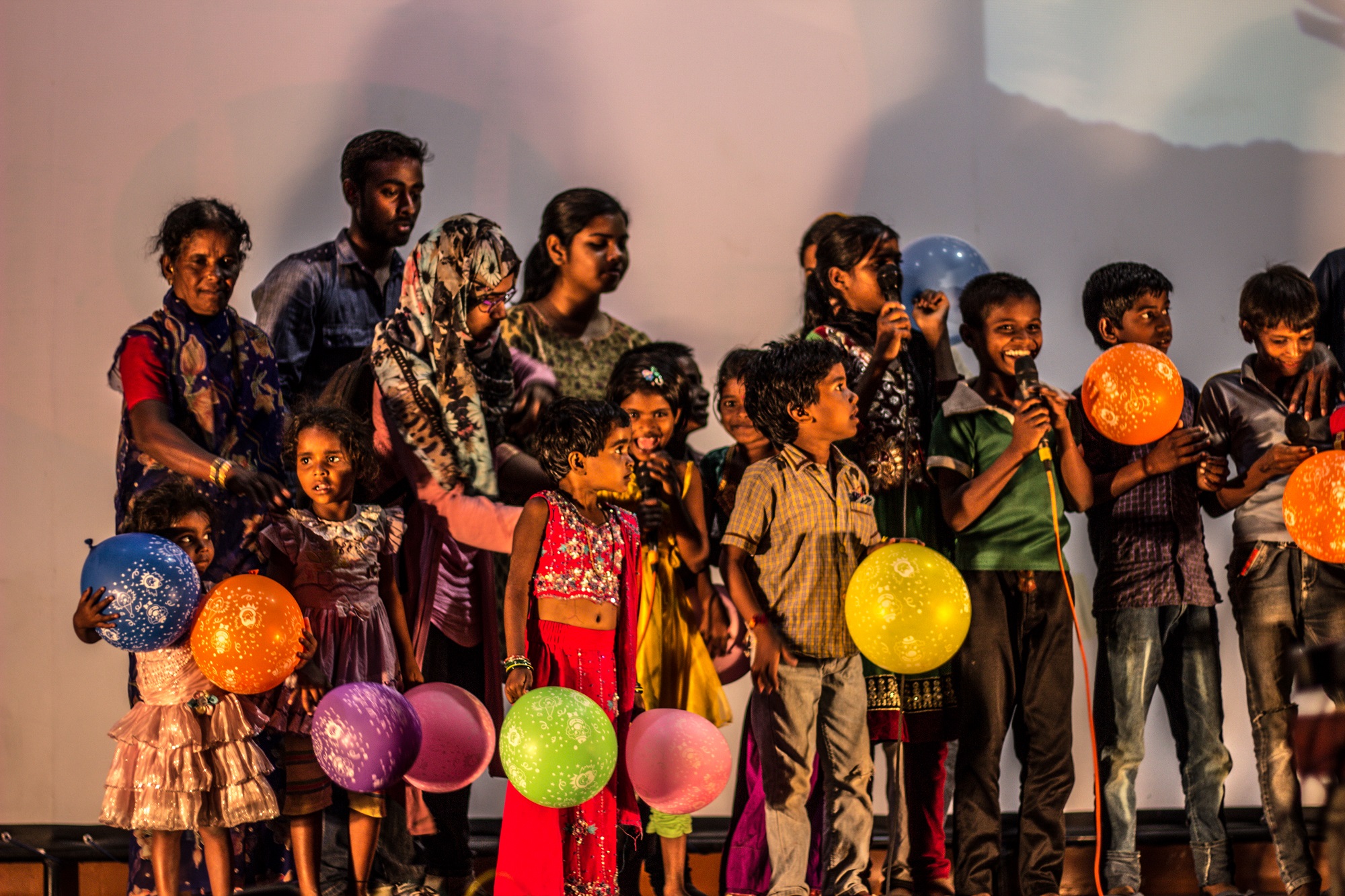
As like other years, the students of the University of Hyderabad commemorated the International Mother Language Day, with the program “Bhasha 2016”. The program happened on the 28th of February at the DST Auditorium. On 21st February, 1952, Dhaka, four students - Abdus Salam, Rafiq, Barkat and Abdul Jabbar were gunned down by state security personnels for the 'crime' of agitating for recognition of their mother language which is known as Ekushey. This incident triggered off a mass movement for collective self-recognition of the Bengali people and their language. In their struggle the students, workers, peasants and homemakers of Bengal articulated pledges of International solidarity with all oppressed people fighting for self-respect across the world.
In context of own grief, as part of the university community, on the death of Rohith Vemula, this recalling is humble endeavor to cope with this tragedy. To arrive at a closure that do not blunt the deep anger articulated by Rohith and stand by what Rohith stood for. Wherever students had asserted their identity and demanded social justice, establishments had brutally cracked down with their 303s, prison camps, rubber bullets and, when nothing worked, by institutional discrimination and spreading misinformation as in Dhaka in 1952 or the shootings in Jackson and Kent State Universities in 1970, in Cairo in 2011, in Tunis, in Prague, in Tienanmen Square, in Bangalore, in Madras, in Ajmir; Trayvon Martin, Allison Krause, William Scrhoeder, Sandra Scheuer, Jeffrey Miller, Senthil Balraj, Madari Venkatesh, Rohith Vemula, Mohit Chauhan, the Unknown, and the next in line.
Thus, this year’s theme of “Bhasha 2016”, was integrated with that of the theme of student resistance. Many years ago, the voice of dissent that had struck a discordant note in the ears of the status quo, resonates today with the events that have been happening in campuses around the country. Just like a few students had laid down their lives those many years ago, it is students today who are facing the brunt of brutal suppression from the powers-that-be, for daring to raise a voice in disagreement. It wasn’t a surprise therefore that most of the recitations, songs, drama and dances in the show could be linked to the spirit of resistance, to a fire that thrives to express its soul in the face of all oppression. The function kicked off with the lively notes of “Amar Protibader Bhasha” (The Language of My Protest) of Salil Chowdhury. This was followed by an introductory note by the anchors that addressed the multi-ethnic audience in highlighting the spirit of the
program.
After that, the event gained full-swing with a string of performances. Shaswato and Hasan recited Rabindranath Tagore’s “Ora Kaj Kore” (It Is They Who Work) and Kazi Nazrul Islam’s “Kandari Hunshiyar” (Warning to the Boatman). Rabindranath, an eternal presence in the literary heritage of Bengal, highlights the significance of the laborer’s toil and the fruitlessness of grandiose empires in the face of Time. And Nazrul of course, the voice of revolution in Bengali poetry, simply could not be left out of such a show! This was followed by a bit of comic relief as the little kids of “Each One Teach One” (an initiative started by UoH students, for teaching and helping underprivileged children of our campus and outside) took the stage and entertained the audience. Everybody joined in laughter and claps for the great effort taken by the little bravehearts! “Ami Shei Mey” (I am That Girl) was a rousing dance performance by Abanti, and her group, that expressed powerfully the trials of the oppressed genders in a patriarchal society, and their (her) expressions of defiance.
One can go on and on listing the performances, which were diverse in language and united in their spirit and message. Students from Yemen did a sword-dance. A Manipuri skit Engellei, was followed by Faiz’s Urdu recital. Faiz’s heartfelt compositions about Rohith, managed to touch the audience with both laughter and tears. A few more songs and dances were followed by Amol, Subhadeep and Krishna’s satirical poems. The final poem “Om”, by Krishna, was a stunning adaptation accompanied by a theatrical recitation which captured the illiberal and dogmatic atmosphere prevailing around the country, with graphic accuracy! The crème-de-la-crème of the evening though, was the play an adaptation of Vijay Tendulkar’s “Kamala”. One cannot but praise the acting, directing and script-writing involved with the whole of it, which capped off the night. The element of absurdity thrown in by the director managed to throw an air of unpredictability around the show, and kept the audience more involved with the entire production. The satire rang until the very end, as the distinction between staged drama and real life was thrown into a blur an apt way of questioning the conscience the audience takes back home after watching on stage performances that reflect social problems.
The night culminated in traditional food. The essence of the show, though, preserved its multi-ethnic values, as pupils from various communities performed in and more importantly came to soak in the night of cultural plurality and expressions.
In context of own grief, as part of the university community, on the death of Rohith Vemula, this recalling is humble endeavor to cope with this tragedy. To arrive at a closure that do not blunt the deep anger articulated by Rohith and stand by what Rohith stood for. Wherever students had asserted their identity and demanded social justice, establishments had brutally cracked down with their 303s, prison camps, rubber bullets and, when nothing worked, by institutional discrimination and spreading misinformation as in Dhaka in 1952 or the shootings in Jackson and Kent State Universities in 1970, in Cairo in 2011, in Tunis, in Prague, in Tienanmen Square, in Bangalore, in Madras, in Ajmir; Trayvon Martin, Allison Krause, William Scrhoeder, Sandra Scheuer, Jeffrey Miller, Senthil Balraj, Madari Venkatesh, Rohith Vemula, Mohit Chauhan, the Unknown, and the next in line.
Thus, this year’s theme of “Bhasha 2016”, was integrated with that of the theme of student resistance. Many years ago, the voice of dissent that had struck a discordant note in the ears of the status quo, resonates today with the events that have been happening in campuses around the country. Just like a few students had laid down their lives those many years ago, it is students today who are facing the brunt of brutal suppression from the powers-that-be, for daring to raise a voice in disagreement. It wasn’t a surprise therefore that most of the recitations, songs, drama and dances in the show could be linked to the spirit of resistance, to a fire that thrives to express its soul in the face of all oppression. The function kicked off with the lively notes of “Amar Protibader Bhasha” (The Language of My Protest) of Salil Chowdhury. This was followed by an introductory note by the anchors that addressed the multi-ethnic audience in highlighting the spirit of the
program.
After that, the event gained full-swing with a string of performances. Shaswato and Hasan recited Rabindranath Tagore’s “Ora Kaj Kore” (It Is They Who Work) and Kazi Nazrul Islam’s “Kandari Hunshiyar” (Warning to the Boatman). Rabindranath, an eternal presence in the literary heritage of Bengal, highlights the significance of the laborer’s toil and the fruitlessness of grandiose empires in the face of Time. And Nazrul of course, the voice of revolution in Bengali poetry, simply could not be left out of such a show! This was followed by a bit of comic relief as the little kids of “Each One Teach One” (an initiative started by UoH students, for teaching and helping underprivileged children of our campus and outside) took the stage and entertained the audience. Everybody joined in laughter and claps for the great effort taken by the little bravehearts! “Ami Shei Mey” (I am That Girl) was a rousing dance performance by Abanti, and her group, that expressed powerfully the trials of the oppressed genders in a patriarchal society, and their (her) expressions of defiance.
One can go on and on listing the performances, which were diverse in language and united in their spirit and message. Students from Yemen did a sword-dance. A Manipuri skit Engellei, was followed by Faiz’s Urdu recital. Faiz’s heartfelt compositions about Rohith, managed to touch the audience with both laughter and tears. A few more songs and dances were followed by Amol, Subhadeep and Krishna’s satirical poems. The final poem “Om”, by Krishna, was a stunning adaptation accompanied by a theatrical recitation which captured the illiberal and dogmatic atmosphere prevailing around the country, with graphic accuracy! The crème-de-la-crème of the evening though, was the play an adaptation of Vijay Tendulkar’s “Kamala”. One cannot but praise the acting, directing and script-writing involved with the whole of it, which capped off the night. The element of absurdity thrown in by the director managed to throw an air of unpredictability around the show, and kept the audience more involved with the entire production. The satire rang until the very end, as the distinction between staged drama and real life was thrown into a blur an apt way of questioning the conscience the audience takes back home after watching on stage performances that reflect social problems.
The night culminated in traditional food. The essence of the show, though, preserved its multi-ethnic values, as pupils from various communities performed in and more importantly came to soak in the night of cultural plurality and expressions.
No Comments For This Post, Be first to write a Comment.
Most viewed from Hyderabad
Most viewed from World
AIMIM News
Latest Urdu News
Most Viewed
May 26, 2020
Should there be an India-Pakistan cricket match or not?
Latest Videos View All
Like Us
Home
About Us
Advertise With Us
All Polls
Epaper Archives
Privacy Policy
Contact Us
Download Etemaad App
© 2026 Etemaad Daily News, All Rights Reserved.

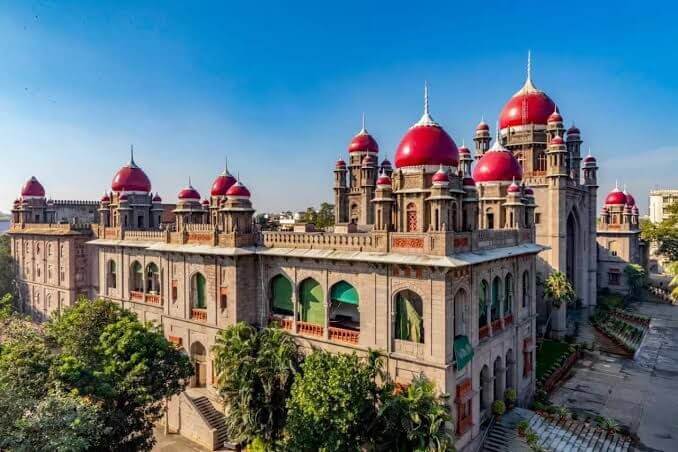
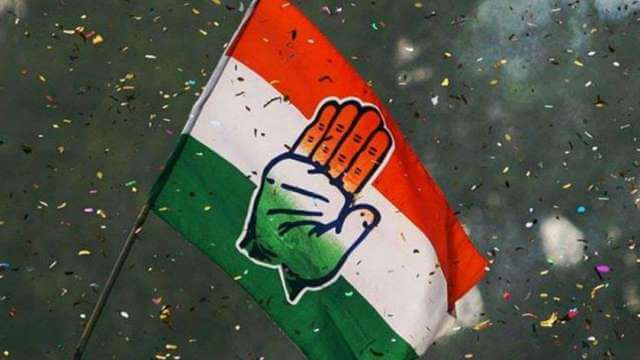
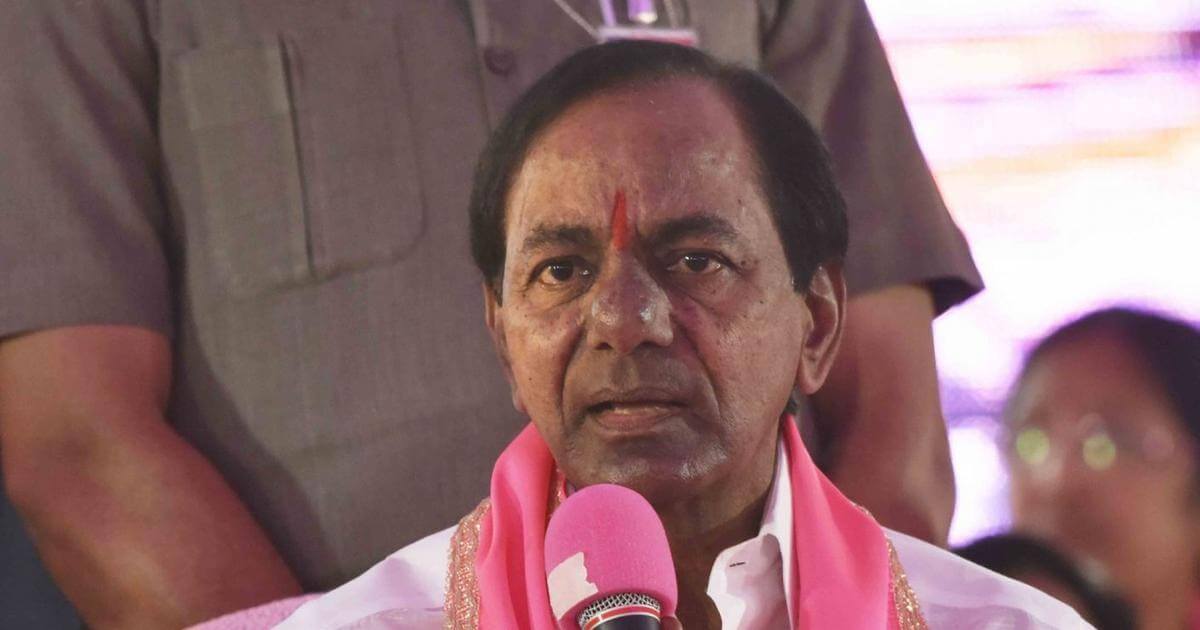
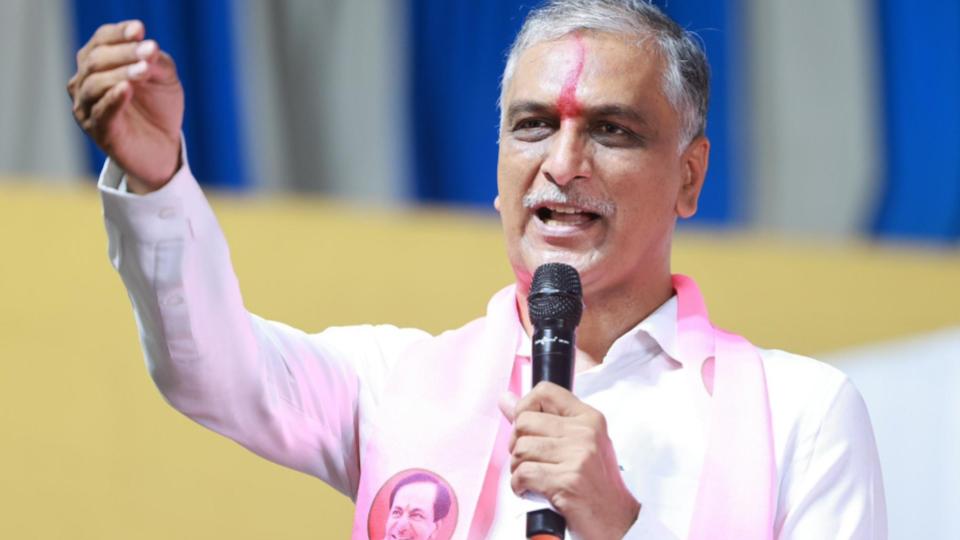

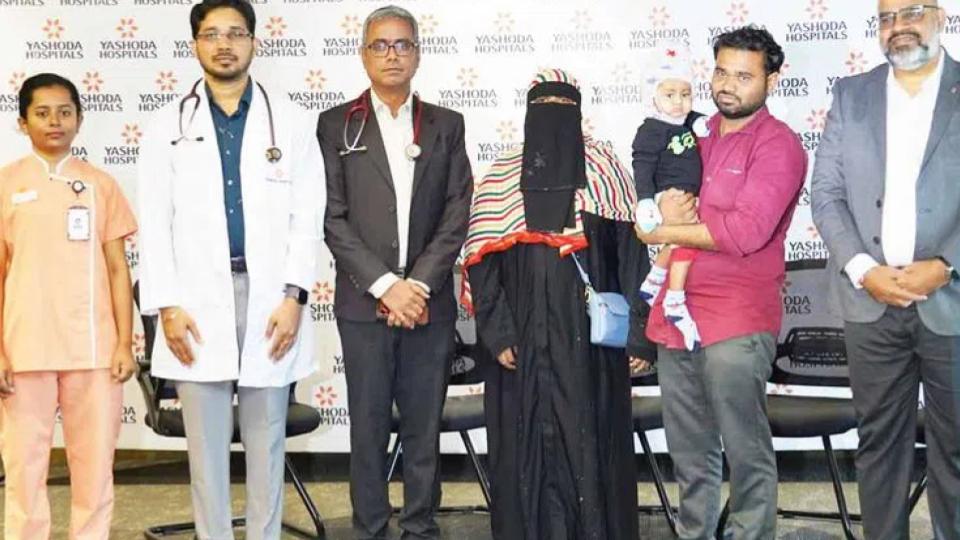
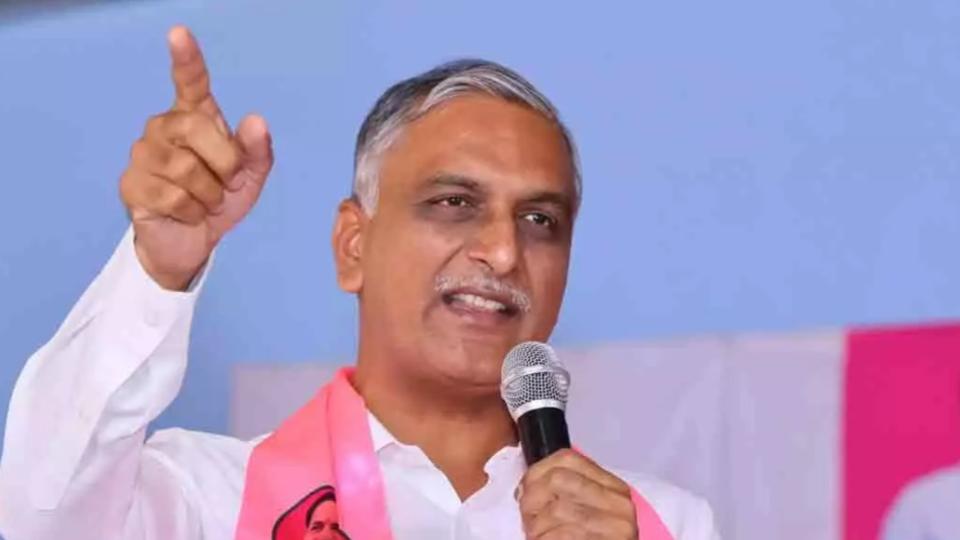



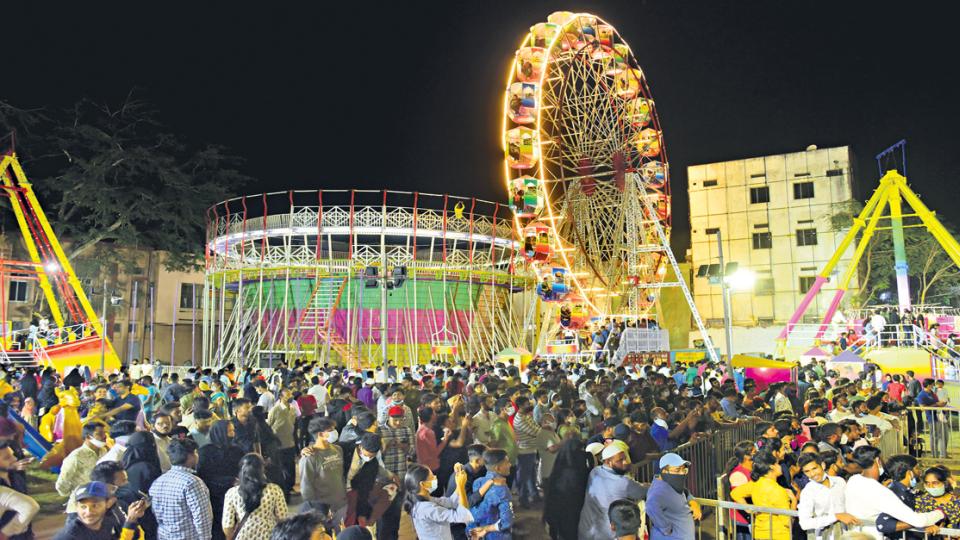
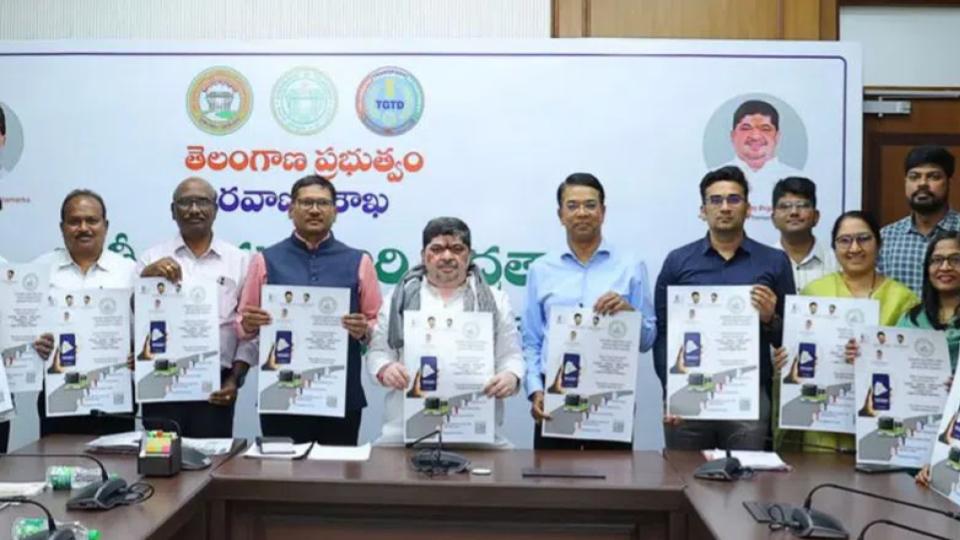
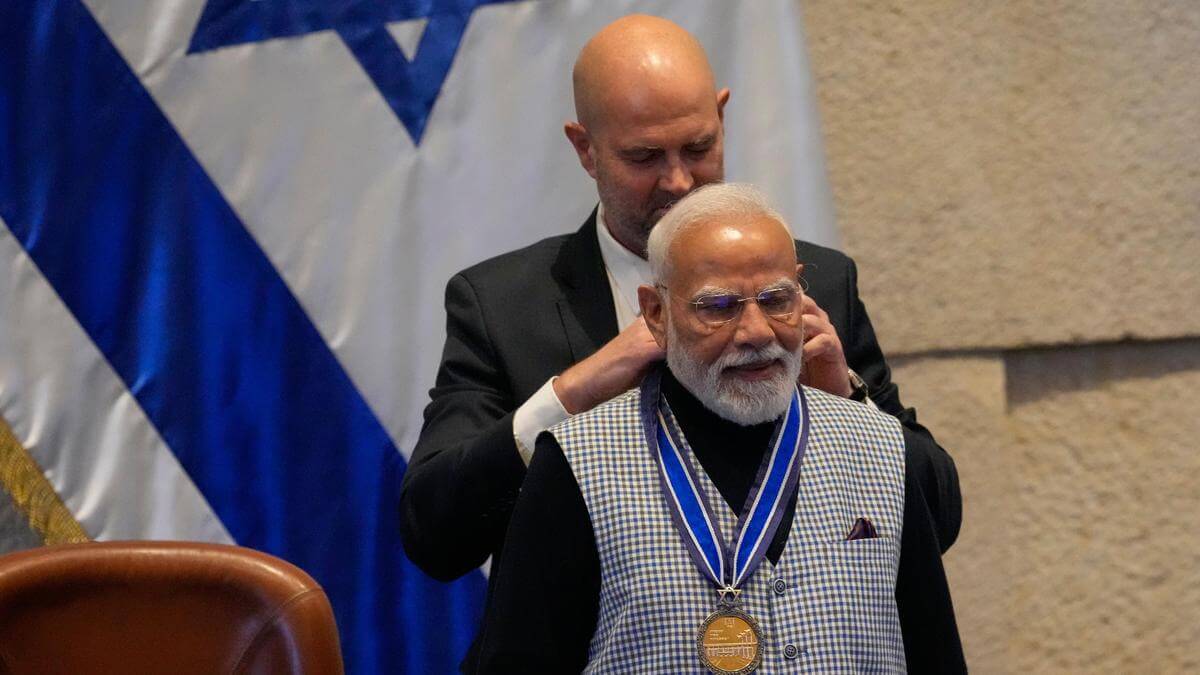
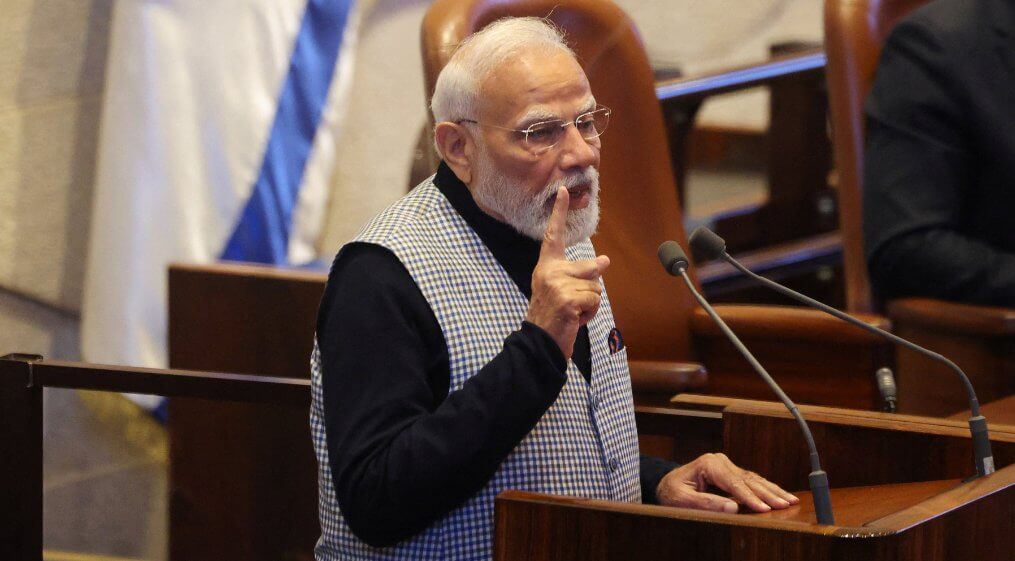

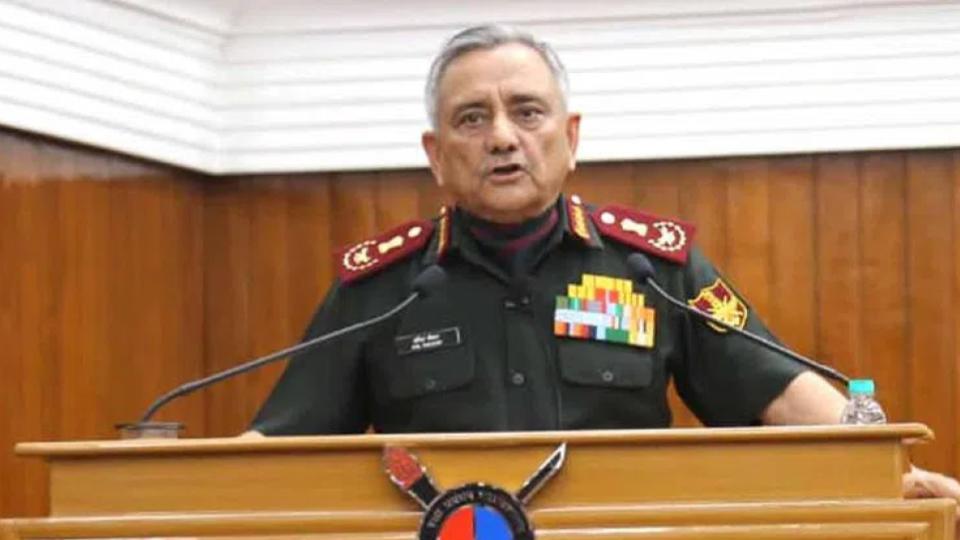
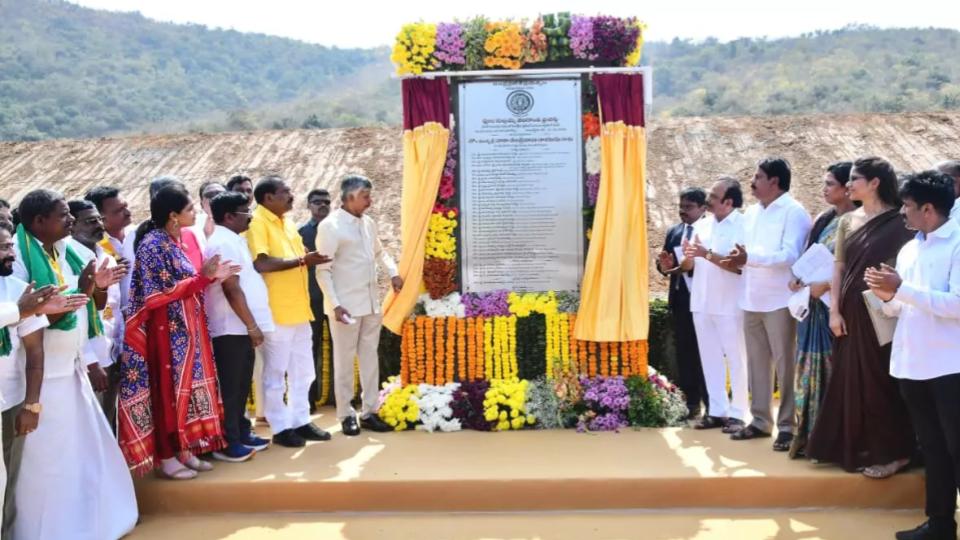

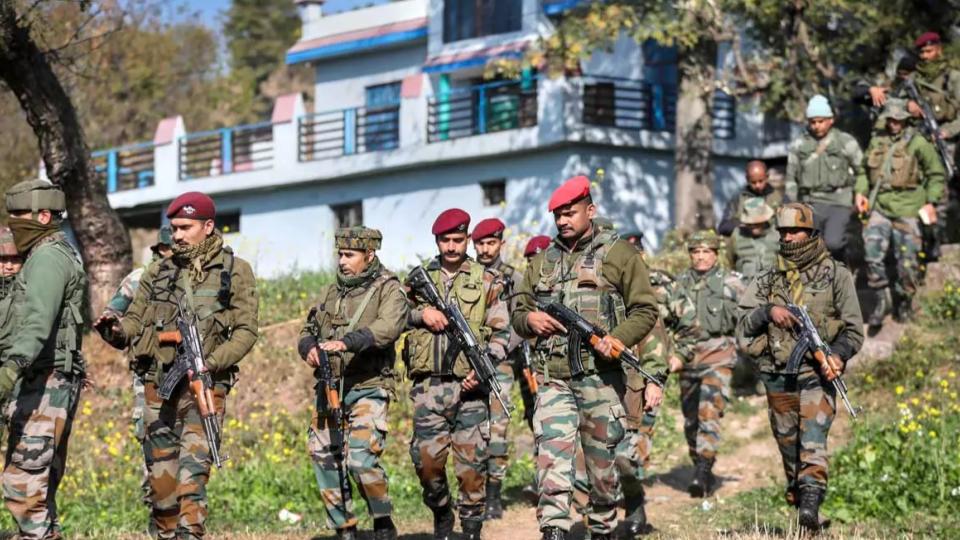






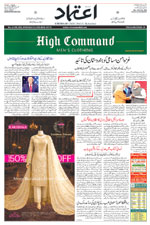










.jpg)
.jpg)
.jpg)


